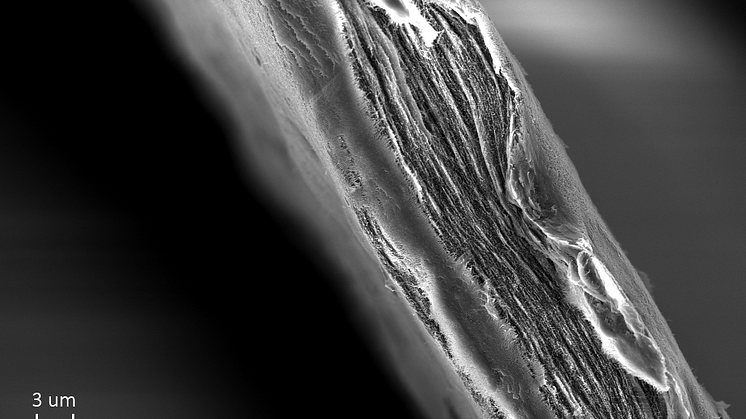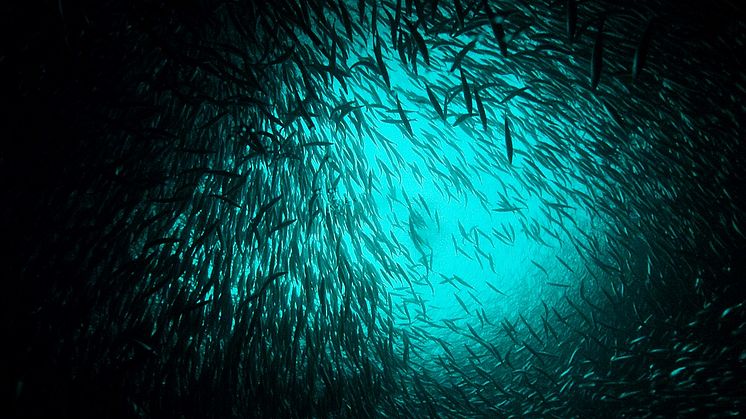Microplastic particles threaten fish larvae
In a new study, published in Science, researchers from Uppsala University found that larval fish exposed to microplastic particles during development displayed changed behaviors and stunted growth which lead to greatly increased mortality rates. Larval perch that had access to microplastic particles only ate plastic and ignored their natural food source of free-swimming zooplankton.

